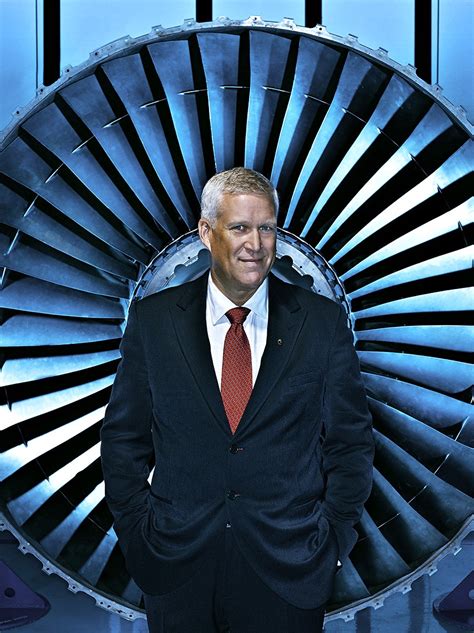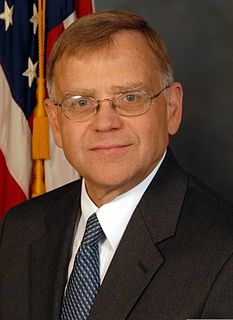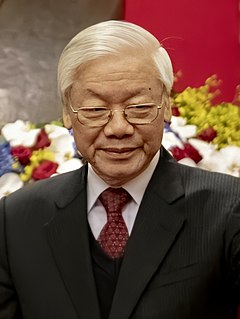A Quote by Sanjaya Baru
Policies aimed at attracting more foreign investment into India would naturally be a part of an external stabilisation strategy.
Related Quotes
Historically Turkey hasn't had much success in attracting foreign investment. Slowly that is changing. There's a tradition of arbitrary decisions by government ministers and senior civil servants, which would ruin businesses from one day to the next, and which has tended to deter foreign investment. That's changing, and convergence with E.U. practices is a good thing in that it improves governance.
I do believe that India needs a lot more foreign direct investment than we've got, and we should have the ambition to move in the same league many other countries in our neighborhood are moving. We may not be able to reach where the Chinese are today, but there is no reason why we should not think big about the role of foreign direct investment, particularly in the areas relating to infrastructure, where our needs for investment are very large. We need new initiatives, management skills, and I do believe that direct foreign investment can play a very important role.
Stated in the simplest terms, the recognized solution to the problem of foodborne illness is a comprehensive prevention strategy that involves all participants in the food system, domestic and foreign, doing their part to minimize the likelihood of harmful contamination. And that is the strategy mandated by FSMA. It is not a strategy that assumes we can achieve a zero-risk food supply, but it is a strategy grounded in the conviction that we can better protect consumers and the economic vigor of the food system if everyone involved implements reasonably available measures to reduce risk.
One of the main objective of our visit to India is to discuss with the Indian leaders and set out concrete,effective measures and direction aimed to deepen and add more substances to the Vietnam-India strategic partnership and translate potentials into reality in the interest of the two countries' people.


































